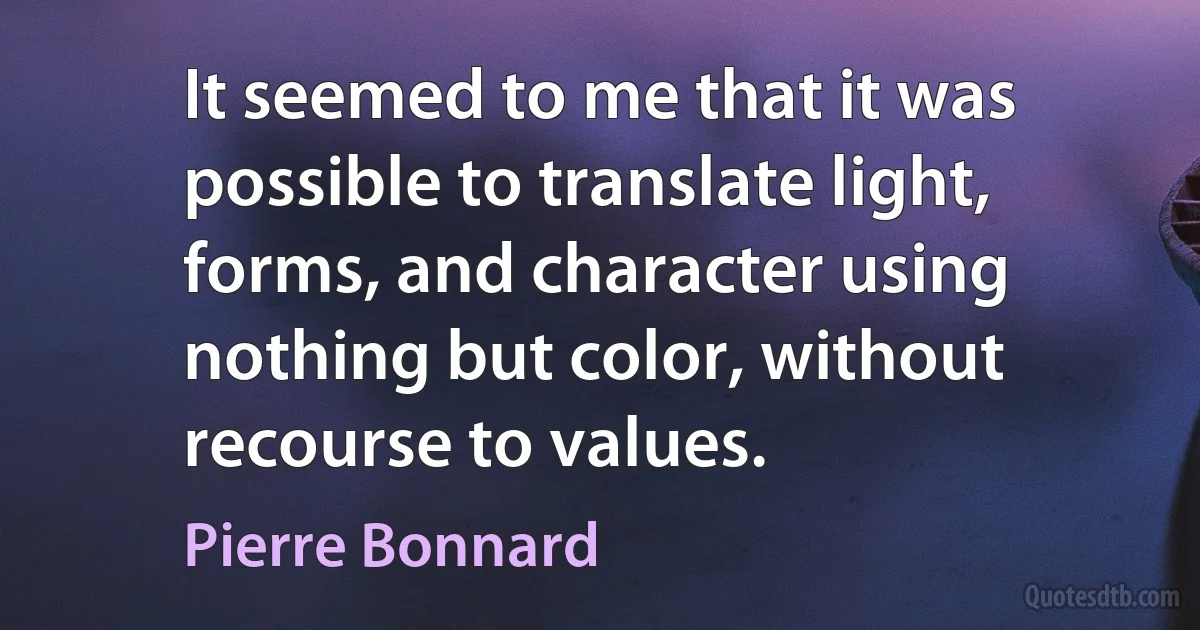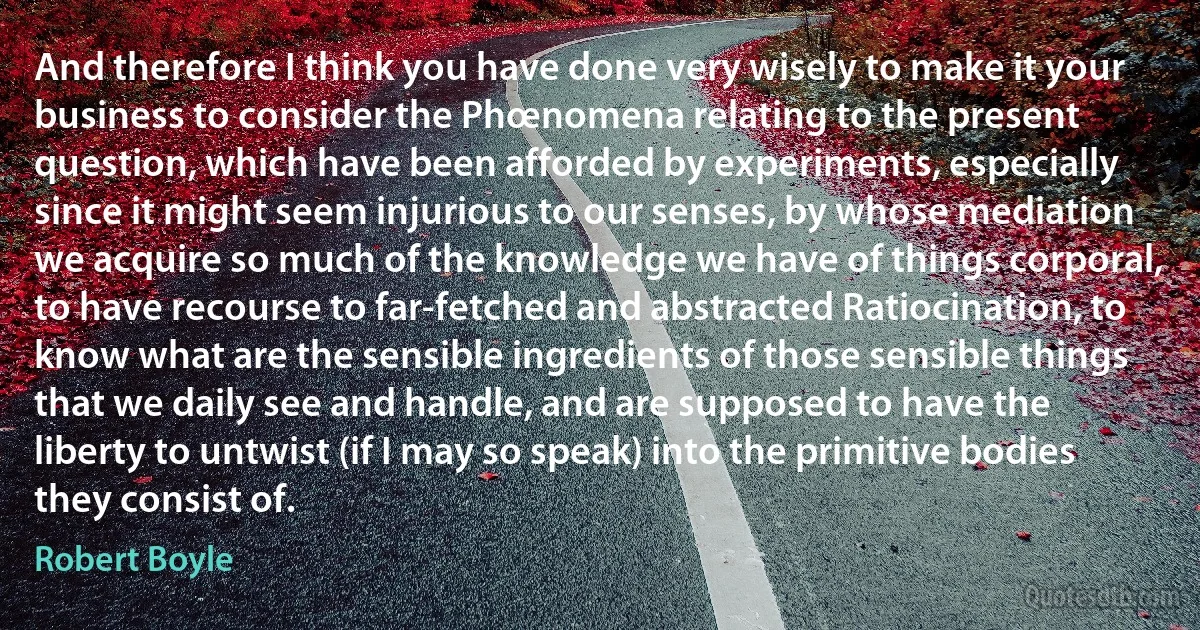Recourse Quotes - page 2
The overwhelming and overriding demand is for greater democracy, and some form of public accountability and control of the police force in London. It is nonsense that 25,000 people should be employed at public expense and yet the only recourse that a member of the public has who complains about the police is to go to the police who will then investigate the complaint themselves and come up with some kind of answer, or to take the complaint to their Member of Parliament who may have the opportunity of being called in a debate to speak about it. That is unsatisfactory, but the most important matter is to have democratic control of the police forces in this country.

Jeremy Corbyn
In the Labour movement they said they would have no truck with coalition, but if Britain stayed in the EEC then for decades to come they would be enmeshed in various forms of coalition government than ever before. That was the most important issue of all. If in Britain the people did not like a government they could vote it out of office, but they had no similar recourse in the case of the institutions of the EEC, which had supreme powers and which were undemocratic.

Michael Foot
In a revolutionary period, the party which has been thrown from power, which does not reconcile itself with the stability of the ruling class, and which proves this by its desperate struggle against the latter, cannot be terrorized by the threat of imprisonment, as it does not believe in its duration. It is just this simple but decisive fact that explains the widespread recourse to shooting in a civil war.

Leon Trotsky
What then is the place and role of the writer in this cruel, dynamic, split world on the brink of its ten destructions? After all we have nothing to do with letting off rockets, we do not even push the lowliest of hand-carts, we are quite scorned by those who respect only material power. Is it not natural for us too to step back, to lose faith in the steadfastness of goodness, in the indivisibility of truth, and to just impart to the world our bitter, detached observations: how mankind has become hopelessly corrupt, how men have degenerated, and how difficult it is for the few beautiful and refined souls to live amongst them?
But we have not even recourse to this flight. Anyone who has once taken up the WORD can never again evade it; a writer is not the detached judge of his compatriots and contemporaries, he is an accomplice to all the evil committed in his native land or by his countrymen.

Aleksandr Solzhenitsyn
The effort necessary to remain uncorrupted in an environment where fear is an integral part of everyday existence is not immediately apparent to those fortunate enough to live in states governed by the rule of law. Just laws do not merely prevent corruption by meting out impartial punishment to offenders. They also help to create a society in which people can fulfil the basic requirements necessary for the preservation of human dignity without recourse to corrupt practices. Where there are no such laws, the burden of upholding the principles of justice and common decency falls on the ordinary people. It is the cumulative effect on their sustained effort and steady endurance which will change a nation where reason and conscience are warped by fear into one where legal rules exist to promote man's desire for harmony and justice while restraining the less desirable destructive traits in his nature.

Aung San Suu Kyi
One question may possibly have dwelt in the reader's mind during the perusal of these observations, namely, Why should not the Deity have given to the animal the faculty of vision at once? ... Why resort to contrivance, where power is omnipotent? Contrivance, by its very definition and nature, is the refuge of imperfection. To have recourse to expedients, implies difficulty, impediment, restraint, defect of power. ... amongst other answers which may be given to it; beside reasons of which probably we are ignorant, one answer is this: It is only by the display of contrivance, that the existence, the agency, the wisdom of the Deity, could be testified to his rational creatures.

William Paley
A utopia of judicial reticence: take away life, but prevent the patient from feeling it; deprive the prisoner of all rights, but do not inflict pain; impose penalties free of all pain. Recourse to psycho-pharmacology and to various physiological ‘disconnectors', even if it is temporary, is a logical consequence of this ‘non-corporal' penalty.

Michel Foucault
We do not know nature; causes hidden in her breast might have produced everything. In your turn, observe the polyp of Trembley: does it not contain in itself the causes which bring about regeneration? Why then would it be absurd to think that there are physical causes by reason of which everything has been made, and to which the whole chain of this vast universe is so necessarily bound and held that, nothing which happens, could have failed to happen,-causes, of which we are so invincibly ignorant that we have had recourse to a God, who, as some aver, is not so much as a logical entity? Thus to destroy chance is not to prove the existence of a supreme being, since there may be some other thing which is neither chance nor God-I mean, nature. It follows that the study of nature can make only unbelievers; and the way of thinking of all its more successful investigators proves this.

Denis Diderot
We are allowed to question people about their politics or ethics and expect them to defend their beliefs, or at least hold their own in any other important matter by recourse to evidence, yet somehow on the massive subject of God and how he might have us behave, all rational discussion must stop the moment we hear 'I believe.

Derren Brown
Let us now pose the question again: is recourse to the "human" really enough to preserve and firmly ground the reality of leisure? I intend to show that such recourse to mere Humanism is not enough.
It could be said that the heart of leisure consists in "festival." In festival, or celebration, all three conceptual elements come together as one: the relaxation, the effortlessness, the ascendancy of "being at leisure" [...] over mere function.

Josef Pieper
The Utopianism of the standpoint which expects an era of peace and retrenchment of militarism in the present social order is plainly revealed in the fact that it is having recourse to project making. For it is typical of Utopian strivings that, in order to demonstrate their practicability, they hatch "practical" recipes with the greatest possible details. To this also belongs the project of the "United States of Europe" as a basis for the limitation of international militarism.

Rosa Luxemburg
Long and tedious reflection cannot enable us to shape our decisions and attitudes properly; only that definite and clear instruction which we gain can form a direct inner link to God. This instruction alone is able to give us the inner firmness and lasting peace of mind which must be regarded as the highest boon in life. And if we ascribe to God, in addition to His omnipotence and omniscience, also the attributes of goodness and love, recourse to Him produces an increased feeling of safety and happiness in the human being thirsting for solace. Against this conception not even the slightest objection can be raised from the point of natural science, for as we pointed it out before, questions of ethics are entirely outside of its realm.

Max Planck
It cannot be surprising that, as resistance within Cuba grows, refugees have been using whatever means are available to return and support their countrymen in the continuing struggle for freedom. Where people are denied the right of choice, recourse to such struggle is the only means of achieving their liberties.

John F. Kennedy
I thought that as I had failed in the contemplation of true existence, I ought to be careful that I did not lose the eye of my soul; as people may injure their bodily eye by observing and gazing on the sun during an eclipse, unless they take the precaution of looking at the image reflected in the water, or in some similar medium. ...I was afraid that my soul might be blinded altogether if I looked at things with my eyes or tried by the help of my senses to apprehend them. And I thought that I had better had recourse to ideas, and seek in them truth in existence. I dare to say that the simile is not perfect-for I am far from admitting that he who contemplates existence through the medium of ideas, sees them only "through a glass darkly," any more than he who sees them in their working and effects.

Socrates



